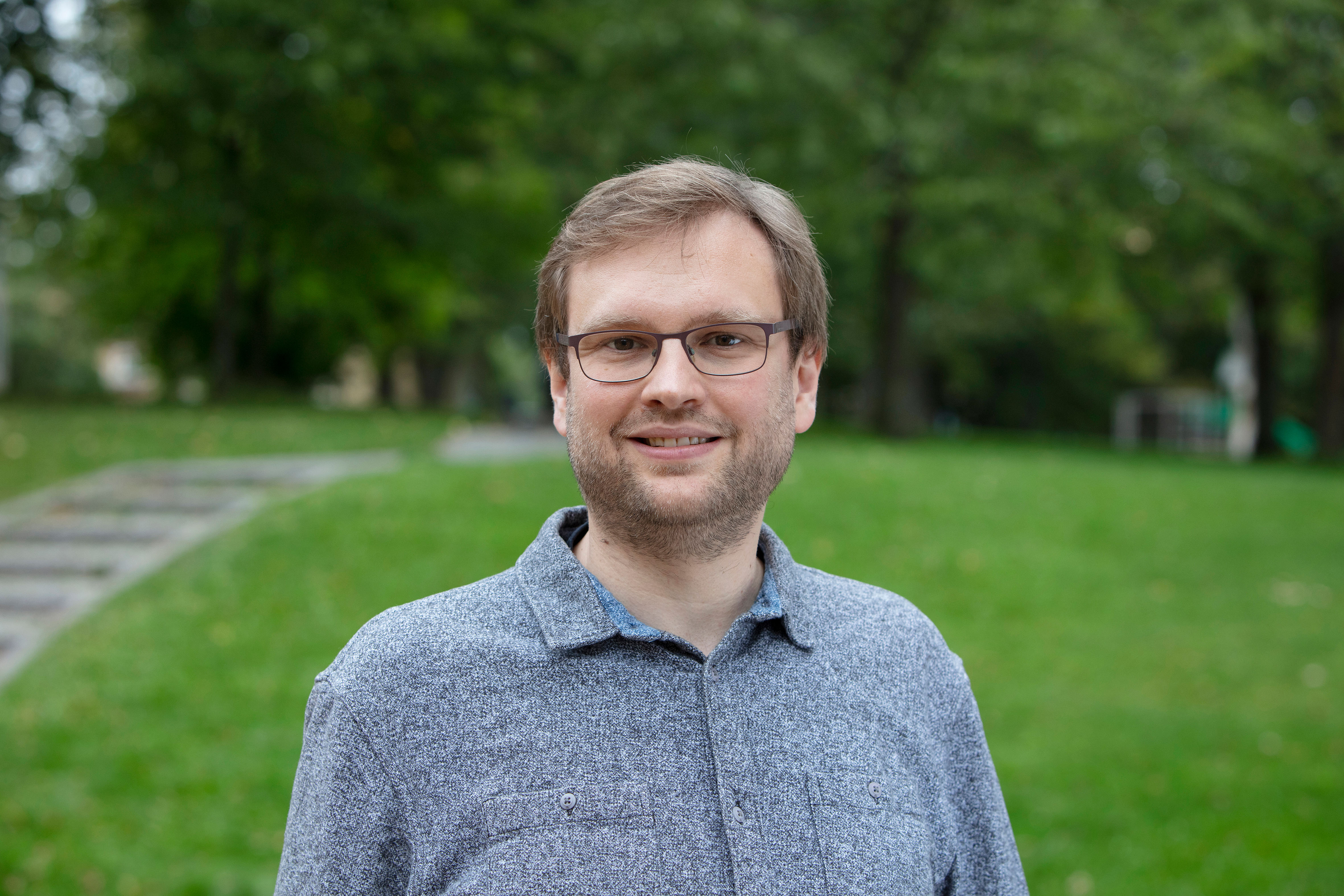AIAS Seminar: Markus Rinschen, AIAS Fellow
Metabolic kidney protection
Info about event
Time
Location
AIAS Auditorium and online via Zoom

Speaker: Markus Rinschen, AIAS Fellow
The seminar is held in-person, but online attendance is possible via:
https://aarhusuniversity.zoom.us/j/67215252700
Abstract
The kidneys play an underappreciated role in maintaining human metabolism. Recent clinical landmark studies have shown that changes in kidney proximal tubule function and metabolism, such as inhibition of sugar transport, are an effective therapeutic strategy to treat kidney disease in humans. However, the mechanisms of metabolic kidney protection are still unclear despite many potential mechanisms have been suggested with good evidence. Emerging data, including my own work, has suggested that intrarenal metabolism is a key driver of kidney disease also in hypertension. We will demonstrate how to measure the inputs and outputs of metabolites into a complex system such the kidney – and how diet, microbiome, and other chemical cues modify the basic features of kidney metabolism – and ultimately prevent or even reverse the disease.
The concept of utilizing metabolomics to identify biologically active metabolites - which we term activity metabolomics - is already having a broad impact on our understanding of kidney biology.
Short bio
Markus Rinschen's research goal is to understand the mechanisms of kidney disease to develop new therapies for renal failure. To this end, he integrates mass spectrometry-based proteome and metabolome analyses to define the mechanisms that determine tissue fate and heterogeneity. Having trained in physiological, systems biology, nephrology and mass spectrometry labs, he is developing omics technologies that are directly applicable to investigate patient-relevant disease mechanisms from human biopsies, subproteomes and interactomes. He is a trained physician working in both Denmark and Germany
Read about Markus Rinschen's project at AIAS here
What is an AIAS Seminar?
The AIAS Seminar is a session of seminars held by the AIAS fellow or by other speakers proposed by the fellows. In each seminar, one fellow will present and discuss his/her current research and research project, closing off with a question and discussion session.
All seminars are held in English.
